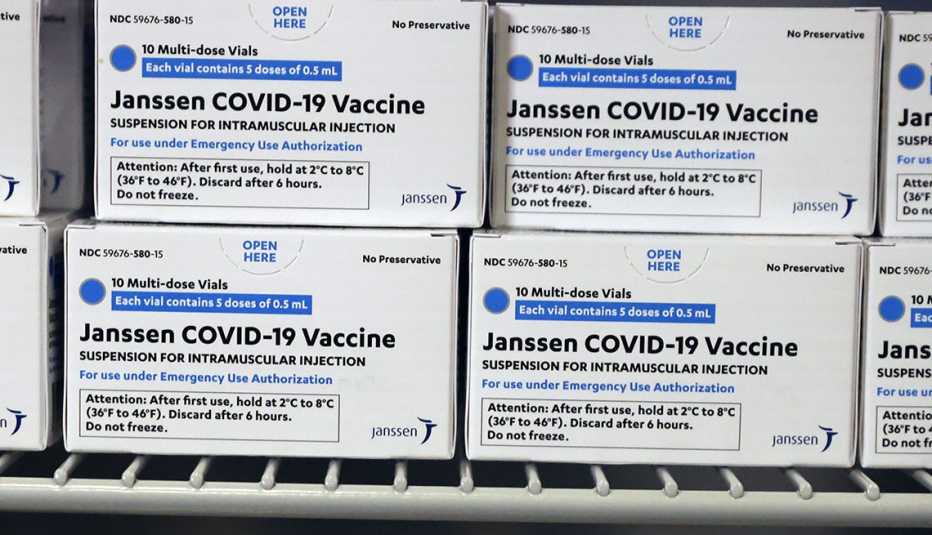AARP Hearing Center


After a nearly two-week pause, Americans 18 and older can once again get the one-shot Johnson & Johnson (J&J) COVID-19 vaccine, health officials announced on April 23.
The decision came after an advisory committee to the Centers for Disease Control and Prevention (CDC) determined the vaccine's benefits outweigh any known risks following reports of a rare but serious type of blood clot experienced by a small number of people who had received the J&J vaccine.
During the pause — which was issued out of “an abundance of caution” on April 13 — scientists at the Food and Drug Administration (FDA) and CDC conducted a “thorough review” of all the available data and determined the possibility of the clotting disorder is “very low.” The investigation into the level of potential vaccination-related risk, however, “will continue to be ongoing,” Janet Woodcock, acting commissioner of the FDA, said in a press briefing on April 23.
The health agencies have confirmed 15 reported cases of the blood clotting disorder, all in women ages 18 to 59 who had received the J&J vaccine. Three of the cases were fatal; seven women remain hospitalized. To date, more than 8 million doses of the J&J vaccine have been administered in the U.S.
Risk of rare blood clots from J&J vaccine
• Overall: 1.9 cases per 1 million people
• Women ages 18 to 49: 7 cases per 1 million people
• Women 50+: 0.9 cases per 1 million people
Source: CDC
"What we are seeing is the overall rate of events was 1.9 cases per million people. In women 18 to 49 years, there was an approximate 7 cases per million, and the risk is even lower in women over the age of 50 at 0.9 cases per million,” CDC Director Rochelle Walensky said on April 23.
She went on to explain that more than 650 hospitalizations and 12 deaths in women aged 18 to 49 could be prevented for every 1 million doses of the J&J vaccine administered; more than 4,700 hospitalizations and nearly 600 deaths in women over 50 could be avoided with 1 million shots. “These are significant numbers and show the important impact of this vaccine in our country. In the end, this vaccine was shown to be safe and effective for the vast majority of people,” Walensky added.



































































More on health
What to Know About the Coronavirus Vaccines
Questions continue as millions of Americans get immunized
Pfizer, Moderna Vaccines Protect Frontline Workers in Real-World Study
New CDC data confirms effectiveness of mRNA shots at preventing coronavirus infectionsShould You Get Your COVID-19 Vaccination Card Laminated?
Tips for safeguarding the paper record of your coronavirus vaccination